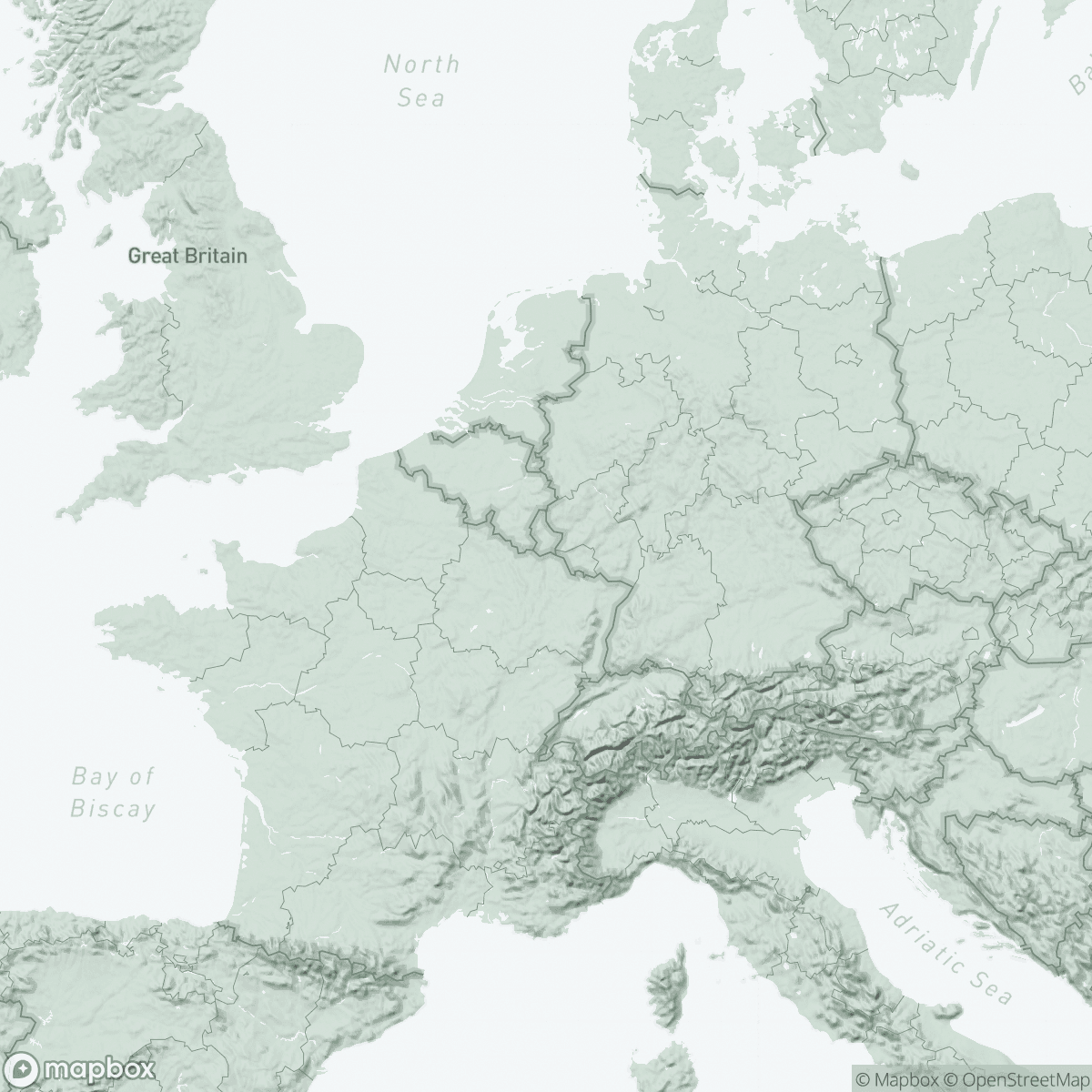MSF Luxembourg reports on the dehumanisation and brutality of migration policies in Europe
In 1 click, help us spread this information :
On 30 May, to mark the presentation of its new report on the impact of European migration policies, the Luxembourg section of Médecins Sans Frontières (MSF) organised a round table discussion at the Cercle Cité in Luxembourg, attended by representatives of Luxembourg's political parties in the European Parliament.
MSF's testimony
With over a hundred participants in attendance, Umberto Pellecchia, an anthropologist and specialist in migration issues with the MSF LuxOR operational research unit in Luxembourg, presented the conclusions and recommendations of MSF's new report ‘Death, despair and misery: the human cost of EU migration policies’.
The document, which was presented to the European Parliament on 10 April, details what MSF teams observed directly during their humanitarian medical operations in 12 countries in Europe, Africa and the central Mediterranean between August 2021 and September 2023. The report also includes data from more than 28,000 emergency medical consultations, as well as testimonies from patients and medical teams.
The report shows how migrants and refugees, including thousands of MSF patients, have been confronted with recurrent forms of prejudice, demonstrating the EU's intention to trap, block, detain and deprive these populations of security.
What is happening there, at the borders of our European Union, gets too little media coverage. That is why we have written this report, which gathers together the many testimonies of the children, women and men whose bodies and minds we care for, who have all too often been through hell.
Our aim is to bear witness to this reality, to show it in all its horrible truth, so that everyone can know what is happening in their name, at the doorstep of Europe.
This testimony is a central pillar of our organisation", said Thomas Kauffmann, General Director of MSF Luxembourg, at the event.
Participants at the round table also heard the message from Dr Christos Christou, MSF International President, to EU leaders on the issue of migration. This appeal, launched last February, echoed his visit to the Geo Barents, MSF's search and rescue vessel in the Mediterranean.
The round table on migration in Europe
Five representatives of Luxembourg's parties in the European Parliament then took part in the discussions, moderated by Luxembourg journalist Patrick Bartz: Marc Angel (LSAP), Nancy Braun (DP), Tilly Metz (Déi Gréng), Monica Semedo (Fokus) and Isabel Wiseler-Lima (CSV).
Each of them spoke about specific aspects of migration policy that have been part of their work during this legislative cycle, through questions linked to the four chapters of the report:
- The issue of agreements with non-EU countries and the externalisation of rescue policies;
- The problem of non-assistance and violence at the EU's borders and crossing points;
- The detention of migrants in camps such as Samos and Lesbos on arrival;
- Or the living conditions of migrants on European soil, particularly in terms of access to healthcare and fundamental rights.
As you know, MSF is a neutral, independent and impartial organisation. We are a medical organisation whose sole aim is to save lives and alleviate suffering wherever possible, taking the sole side of humanity. We therefore wanted to hear the MEPs or their representatives express their views on the subjects covered by the report, and to listen to them without suspicion, mistrust or connivance", Thomas Kauffmann reminded the audience.
Europe as humanitarian scenario
A particularly moving moment of the evening was the testimony of a member of the public describing his experience as a Cameroonian migrant in Luxembourg, as well as the testimony of Umberto Pellecchia, who recalled the not-so-distant past when MSF's action was not necessary in Europe:
I remember a mission to South Sudan in 2013, in a large refugee camp in the north-east. Doro Camp, a camp of 60,000 refugees, a huge humanitarian crisis. One day, I accompanied a woman with her malnourished child to the clinic, and after the colleagues had taken care of them, I exchanged a few words with her husband. The man was very kind and interested in our work, so much so that at one point he asked me if MSF was also working on medical projects in Europe. I replied no, that there were no MSF projects in Europe.
Talking about the migration crisis in our countries and thinking back to what that man in South Sudan asked me, it's striking to think that, yes, MSF does have projects in Europe, because Europe has now become a humanitarian scenario’.



